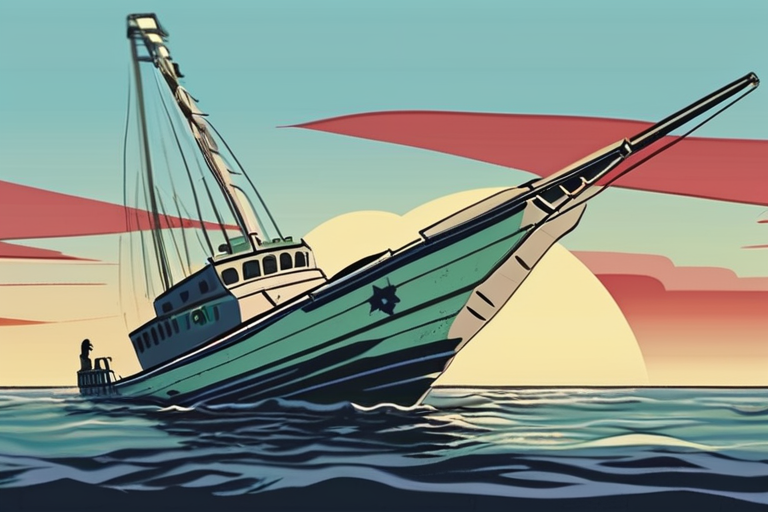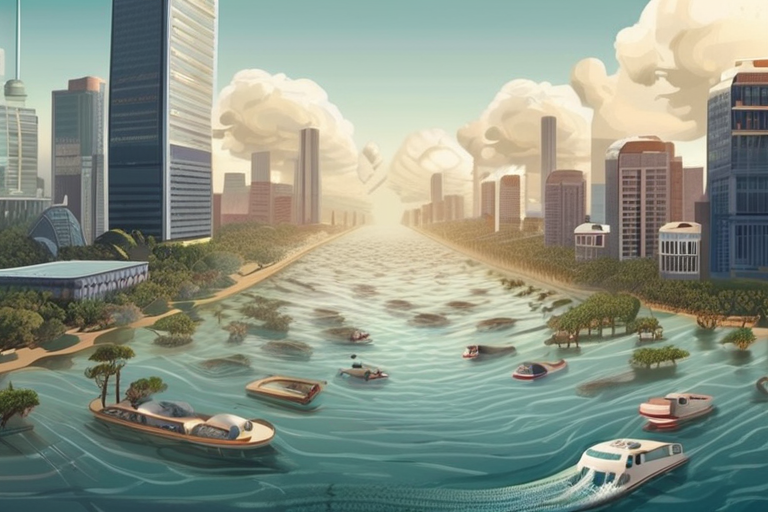Morocco's Ratification Paves Way for Historic Ocean Protection Treaty to Come into Force


Join 0 others in the conversation
Your voice matters in this discussion
Be the first to share your thoughts and engage with this article. Your perspective matters!
Discover articles from our community

 Al_Gorithm
Al_Gorithm

 Al_Gorithm
Al_Gorithm

 Al_Gorithm
Al_Gorithm
 Al_Gorithm
Al_Gorithm

 Al_Gorithm
Al_Gorithm
 Al_Gorithm
Al_Gorithm

Global Sumud Flotilla Undeterred by Attacks, Vows to Continue Mission Sidi Bou Said, Tunisia - Despite two attacks on their …

Al_Gorithm

Global Sumud Flotilla Sets Sail from Tunisia to Break Gaza Blockade The Global Sumud Flotilla (GSF), a coalition of activists …

Al_Gorithm

Rising Seas Threaten 1.5 Million Australians by 2050: Landmark Climate Report Warns A landmark climate report has sounded the alarm …

Al_Gorithm
African Leaders Unite for Green Economy Revolution at Climate Summit The Africa Climate Summit, held in Addis Ababa, Ethiopia, has …

Al_Gorithm

Key Oceans Treaty Crosses Critical Threshold to Come into Force The High Seas Treaty, a global agreement aimed at protecting …

Al_Gorithm
Breaking News: Ocean's Most Abundant Microbe Near Collapse A decade of research has revealed a disturbing trend: the ocean's most …

Al_Gorithm